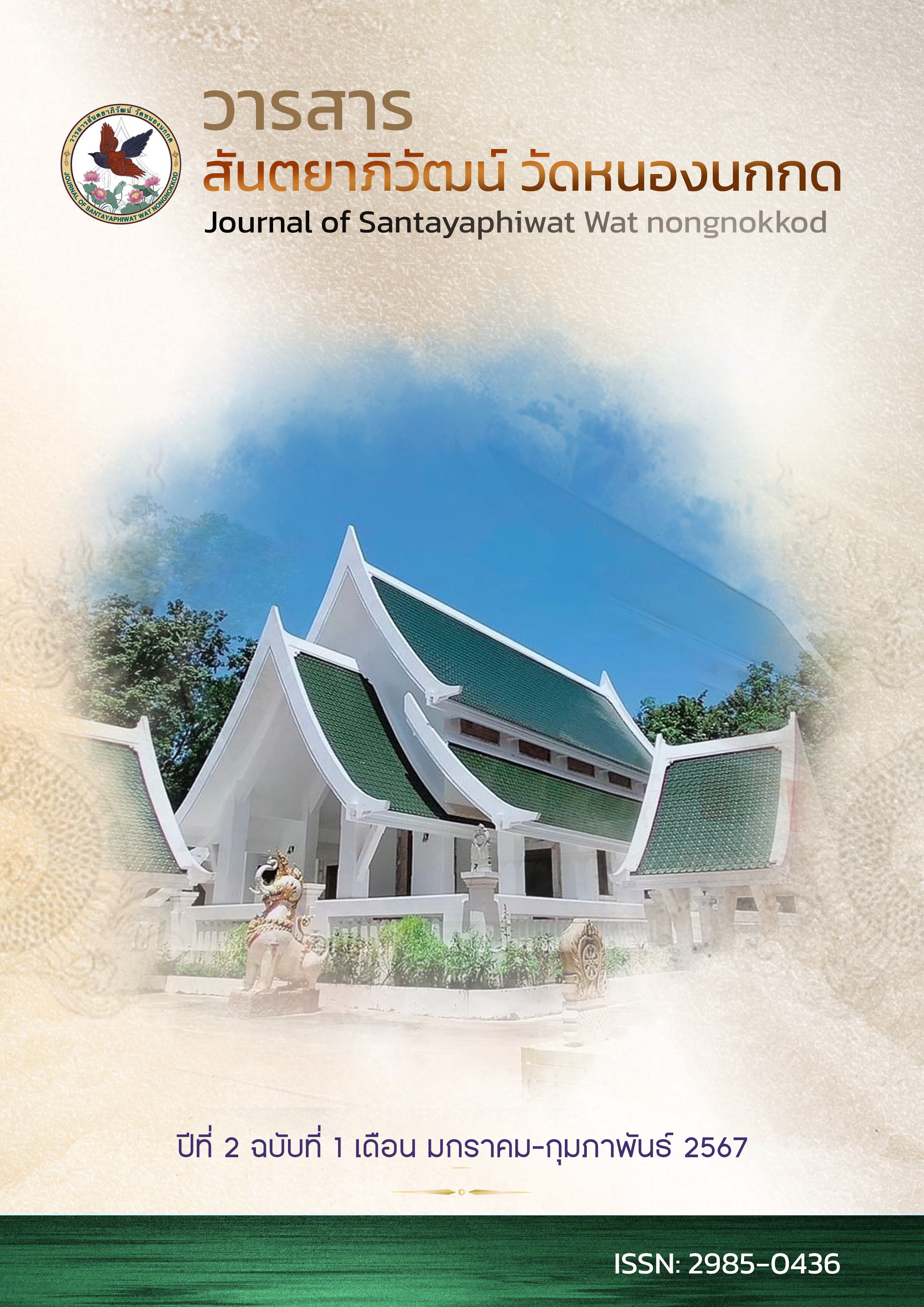MANAGEMENT OF THE THAI SANGHA ADMINISTRATION IN THE VUCA WORLD ERA
Keywords:
Administration, Thai Sangha, VUCA WorldAbstract
This academic article aims to present the administration and management of the thai sangha in the vuca world era. It utilizes a study that involves the analysis and synthesis of data from relevant textbooks and academic documents. The study's findings reveal that the VUCA World era has impacted the management of Thai Sangha in various aspects, including social and cultural changes, technology, economy, and politics. The Sangha community needs to adapt to these changes by developing personnel, improving structures and management processes, and fostering collaboration with different sectors. Social and cultural changes require the Sangha to enhance the education of novice monks to meet societal needs. Technological advancements can be utilized for communication, the dissemination of Buddhist teachings, and staff development. Economic changes necessitate income generation and efficient budget management. Political changes require caution in political involvement. to effectively manage the Sangha in the VUCA World era, skills in critical thinking, problem-solving, teamwork, communication, and technology use are essential. Flexibility and efficiency in improving structures and management processes are also crucial. Collaboration with various sectors - government, private, and civil society - helps support and develop the Sangha.
Development strategies for managing the Thai Sangha in the VUCA World era include curriculum development for Sangha education, establishing research and development centers for Buddhist studies, national Sangha development plans, and promoting collaboration between the Sangha and various sectors. Developing Sangha management in the VUCA World era is essential for the long-term strength and sustainability of the Thai Sangha and Buddhism in Thailand.









